Energy Efficiency
Natural and hybrid ventilation is studied to improve design of airflow, reducing heat losses and controlling airborne infection dispersal in hospital environments, such as the new Papworth Hospital in Cambridge. (Prof Andy Woods; Prof Colm Caulfield)
Decarbonising heating of buildings represents one of the major challenges for the energy transition. The strategies we are developing to reduce CO2 emissions from heating buildings include the installation of heat pump systems, upgrading the fabric of buildings and designing novel control systems to reduce energy usage. These approaches are being combined in a major case study at St John’s College and across the wider university. (Prof Andy Woods)
Lubricants reduce frictional resistance in moving systems, including engines and axles. Friction modifiers have the potential to reduce energy consumption by at least 10% and as we learn more about how these systems behave further savings should be possible. (Prof Alex Routh; Prof Stuart Clarke)
Control systems have the potential to make refrigeration more efficient and thereby reduce energy consumption. (Prof Colm Caulfield)

